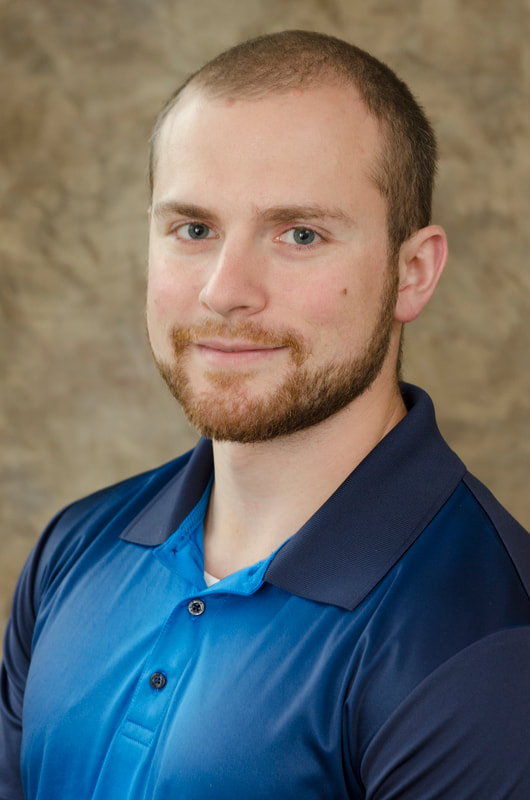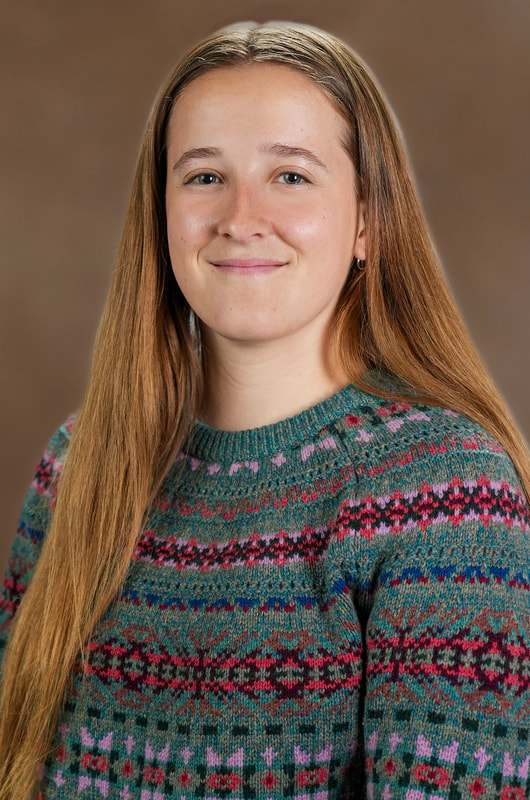Plasticity of Aversive Salience in Opioid Use Disorder (PASO)
The Plasticity of Aversive Salience in Opioid Use Disorder (PASO) study is a five year project funded by the National Institute on Drug Abuse (NIDA; grant # R01DA050677) to better understand the process of early recovery from opioid addiction (the first three months after entering treatment). People struggling with opioid addiction experience heightened stress, drug craving/urges, aversive bodily sensations, and negative emotions including depression, anxiety, pain, and suicidal thoughts when trying to quit drugs and stay abstinent. We want to understand how clinical symptoms, behavior, brain function, and physiology change during early recovery and predict who has success remaining abstinent the first three months post-treatment. We hope that knowledge from the PASO study will aid in the development of new intervention targets for opioid addiction. We have partnered with GRAND Mental Health and Women In Recovery to recruit individuals in their treatment programs for the PASO study.
About GRAND Mental Health
GRAND Mental Health provides services for adults, children, adolescents, and families struggling with behavioral health issues, substance use issues, and integrated/medical needs in northeastern and north central Oklahoma. In business since 1979, GRAND Mental Health is a Certified Community Behavioral Health Clinic (CCBHC) providing evidence- based mental health and substance use services integrated with primary health care. Becoming a CCBHC has allowed GRAND Mental Health to hire wellness coaches, dieticians, occupational therapists, behavioral health coaches and peer recovery support specialists to provide a larger spectrum of services to clients. GRAND Mental Health operates 27 clinics and centers in 13 Oklahoma counties, employing more than 1,700 people. GRAND Mental Health strives to provide personalized care, anytime, anywhere. GRAND Mental Health works closely with and is partially funded by the Oklahoma Department of Mental Health and Substance Abuse Services. For more information on GRAND Mental Health, visit https://www.grandmh.com.
About Women in Recovery
Women in Recovery (WIR) is an intensive outpatient alternative for eligible women facing long prison sentences for non-violent drug-related offenses. Operated in partnership with the George Kaiser Family Foundation, WIR works closely with the criminal justice system and various community partners to ensure program participants receive supervision, substance abuse and mental health treatment, education, workforce readiness training and family reunification services. Benefits:
- Strengthens individuals and families
- Breaks the cycle of intergenerational incarceration
- Helps women involved in the criminal justice system become productive, tax-paying citizens
- Is more cost-effective than incarceration
- Improves public safety







